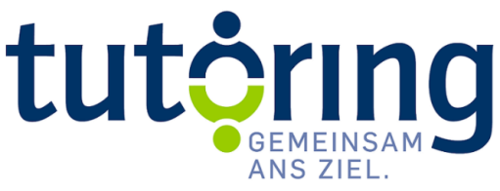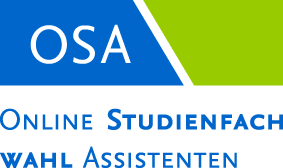Vortrag: Sages as Soldiers: Wang Yangming, Qi Jiguang and the Phenomenon of Neo-Confucian “Militarism”
Barend Noordam (Berlin, Jerusalem)
The sixteenth century constituted a turbulent period for the Chinese Ming dynasty. The empire and society it ruled was subjected to the political and social destabilizing effects of demographic growth, socio-economic differentiation, internal rebellions, and invasions by steppe nomads and ship-born raiding parties along the south-eastern seaboard. At the same time, the prevailing Neo-Confucian orthodoxy, derived from Zhu Xi’s synthesis and implemented through the civil service examinations, lost much of its ideological appeal and had to content with alternative intellectual and cultural currents. One of these was a reorientation of Neo-Confucianism launched by influential philosopher and military leader Wang Yangming, which inherently emphasized subjective moral experiences and activism in lieu of learning. These characteristics combined with Wang’s military accomplishments would stimulate a fusion between Neo-Confucian lifestyles and military praxis of the succeeding generations. This paper will investigate this phenomenon by having a detailed look at general Qi Jiguang and his military service during the mid-sixteenth century.
Barend Noordam is a Freie Universität Berlin and Hebrew University of Jerusalem joint post-doctoral fellow. He is currently researching the socio-cultural and intellectual aspects of the simultaneous upsurge of military knowledge production in both Europe and China in the sixteenth and early seventeenth centuries. A special focus will be on the role of antiquity as an exemplar and the nature of the cooperation between scholars and professional military men. Previously, Barend Noordam was part of Heidelberg University’s cluster “Asia and Europe in a Global Context” and Leiden University’s “Eurasian Empires” program. As member of the latter he wrote his dissertation on the Chinese military commander Qi Jiguang (1528-1588) and the role his engagement with Neo-Confucianism played in his social network of civil officials and scholars, and how this engagement impacted his access to military knowledge and the contents of his own military manuals. Research interests include global (military) history, the history of science and technology, cultural transfer, knowledge circulation, and early modern interactions between China, Central Asia, the Middle East and Europe.
Zeit & Ort
10.01.2019 | 12:00 c.t.
Neubau "Holzlaube", Room 2.2051



